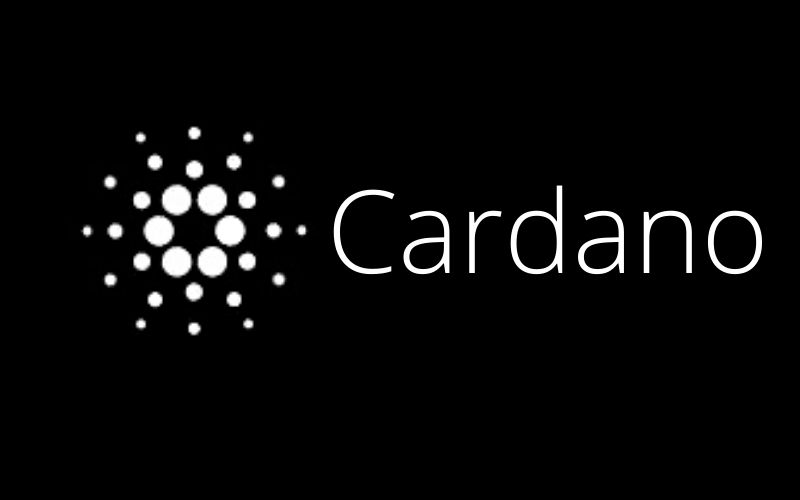IOHK, the software company behind the development of Cardano (ADA), has been working on the token locking functionalities before the Hard Fork Combinator event slated for the first week of December.
The team has been progressing on its rollout of Goguen, a significant decentralization milestone after Shelley.
In a recent update, the Goguen project manager, Dimitris Poulopoulos and Cardano project manager, Volodymyr Hulchenko, informed the community that token locking functionalities will begin to lay the groundwork for full integration of Goguen into the mainnet.
Read Also: Charles Hoskinson Forgets Rivalry, Congratulates Ethereum’s Vitalik Buterin for a Job Well Done
Considering the importance of these protocol changes, IOHK’s Kevin Hammond shared more details in relation to the implementation and the effort in place to make it happen.
Unlike other hard forks, Cardano handles the hard fork automatically, without stopping block production. This offers a smooth up-gradation, allowing new features to be introduced seamlessly and evolve the platform’s capabilities.
The update reads in part as follows:
“Our goal has always been to make these changes as seamless as possible. To enable a smooth transition, Cardano automatically preserves the history of previous blocks. This allows the protocol to be upgraded without radical interference to the chain. The previous state does not vanish.”
The previous state is rather extended to include new capabilities in Cardano; thus, there is no chain split taking place. Instead, it combined original blocks, which comply with the ongoing block production rules, with new blocks, complying with new block production rules. This is what the team called hard-fork combinator, which was used in the transition from Byron to Shelley.
As Cardano and Ouroboros develop, the Hard Fork Combinator approach will ensure that the Goguen, Basho, and Voltaire blocks will all be held in a single chain. The update added:
“Features will be added at each stage in successive hard forks. Some new features may not even need a hard fork (where the consensus protocol does not change).”
Read Also: Charles Hoskinson Explains Why Cardano Achieved Its PoS Upgrade Faster Than Ethereum
The token locking feature being added to the next protocol change will prepare the platform for smart contracts and the creation of assets along with ADA that runs on Cardano.
Trade your preferred cryptocurrencies seamlessly at Bitget.com
